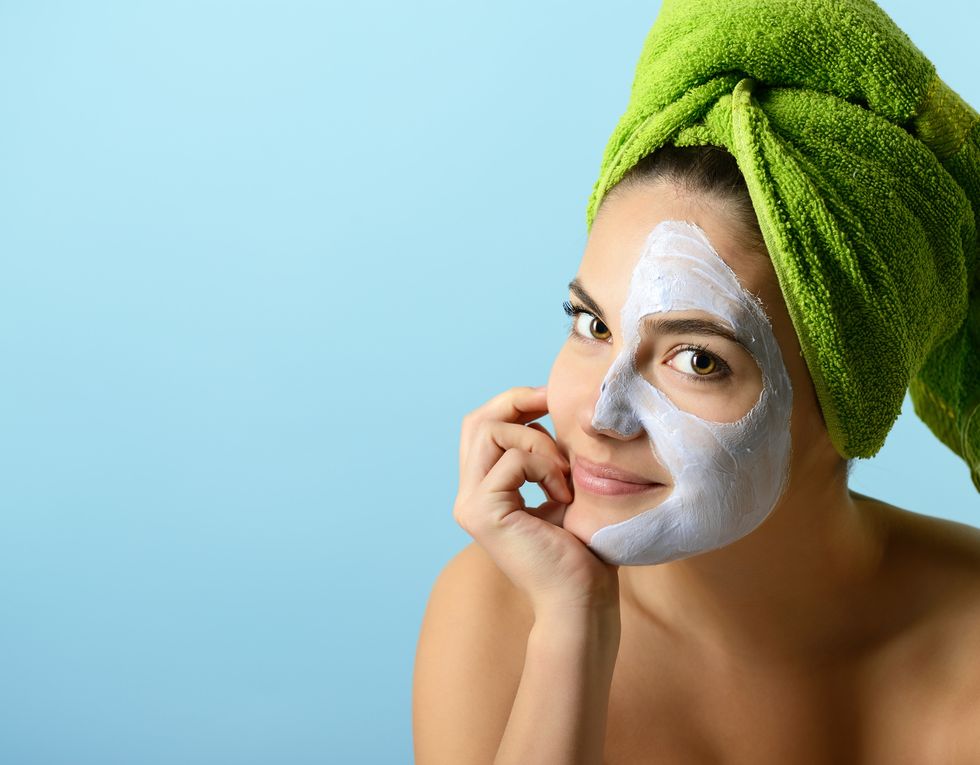By now, self-care is a mainstream term: that much is obvious. Self-care infographics, posts, helpful tips, and booklets are readily available. We’ve developed self-care trends, self-care businesses, and a whole subculture has developed around making, buying, selling, and consuming self-care products.
But what really is self-care?
To me, it’s simple: self-care is the things you do to help yourself survive and thrive in everyday life.
That’s extremely general, which is on purpose. It’s general because self-care can mean face masks, manicures, spa trips, and pampering to one person, but settling down with a good book to another. Self-care can be a cup of tea. Self-care can be a mantra coupled with rhythmic breathing. It can be any of these things, all of them, or something completely different. Self-care is what helps you keep living as a healthy, productive, and functional human being (or at least get as close to that as you can).
For me, everyday self-care is a cup of strong, black coffee in the morning, constant hydration, and a conscious daily reminder to be kinder than necessary. It’s an occasional face mask, or online purchase, or little indulgence. It’s an episode of my favorite TV show when my homework is done. All these things help me stay on track to finish the tasks I need to finish.
Sometimes it’s difficult for me because many of the things I use as self-care tools can turn into destructive forces. Yes, it’s healthy to reward myself after a job well done. However, I can’t reward myself before I’ve done any work. Netflix marathon after an exam that I studied hard for? Self-care. Netflix marathon instead of studying? Not so much.
It’s easy for self-care methods to turn toxic. Using things that are technically healthy to shirk your responsibilities isn’t self-care, it’s escapism. Exercising frequently when you should be doing homework, regularly skipping class to sleep, and letting your “treat yourself” moments encroach upon your life is escapism. Escaping from your responsibilities isn’t self-care. Self-care means facing your responsibilities and equipping yourself with the necessary tools to take care of them.
Ultimately, your self-care is your own responsibility and your own choice. You know your body, your mental health, and your needs. It’s no crime to prioritize your own health and balance your other responsibilities. In fact, that’s the ultimate goal of self-care: to allow you to be your best self.
















